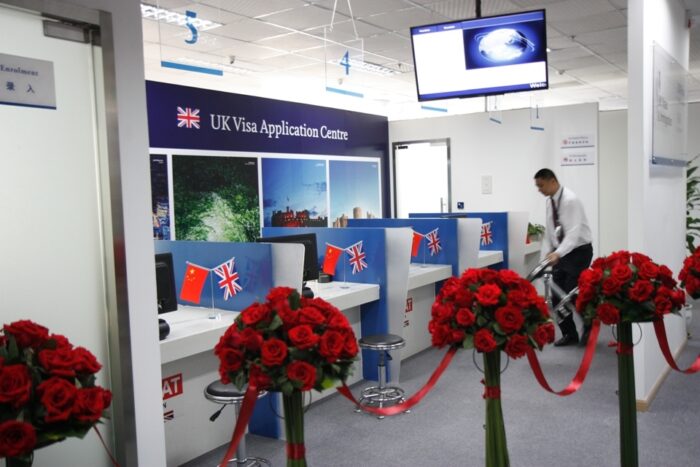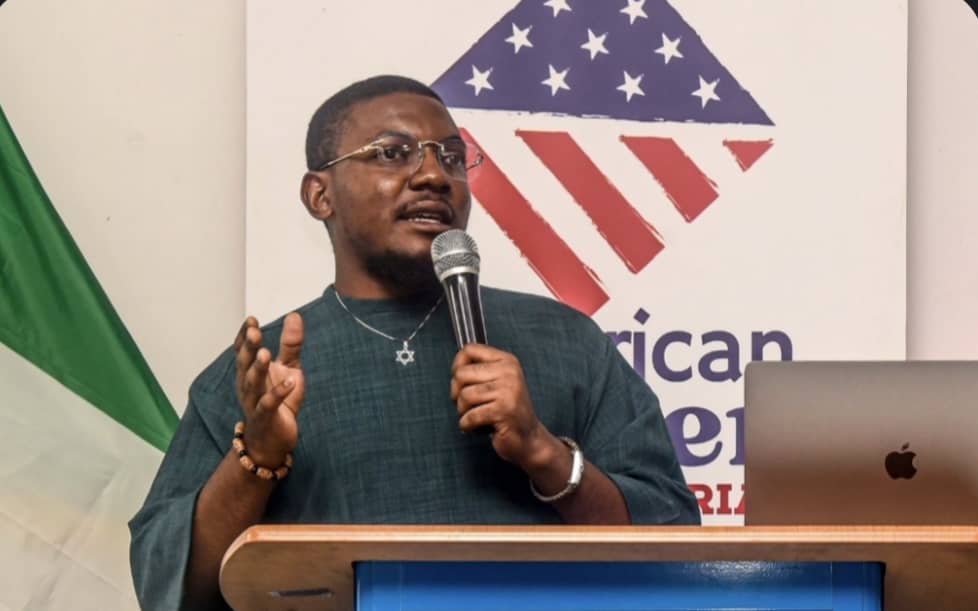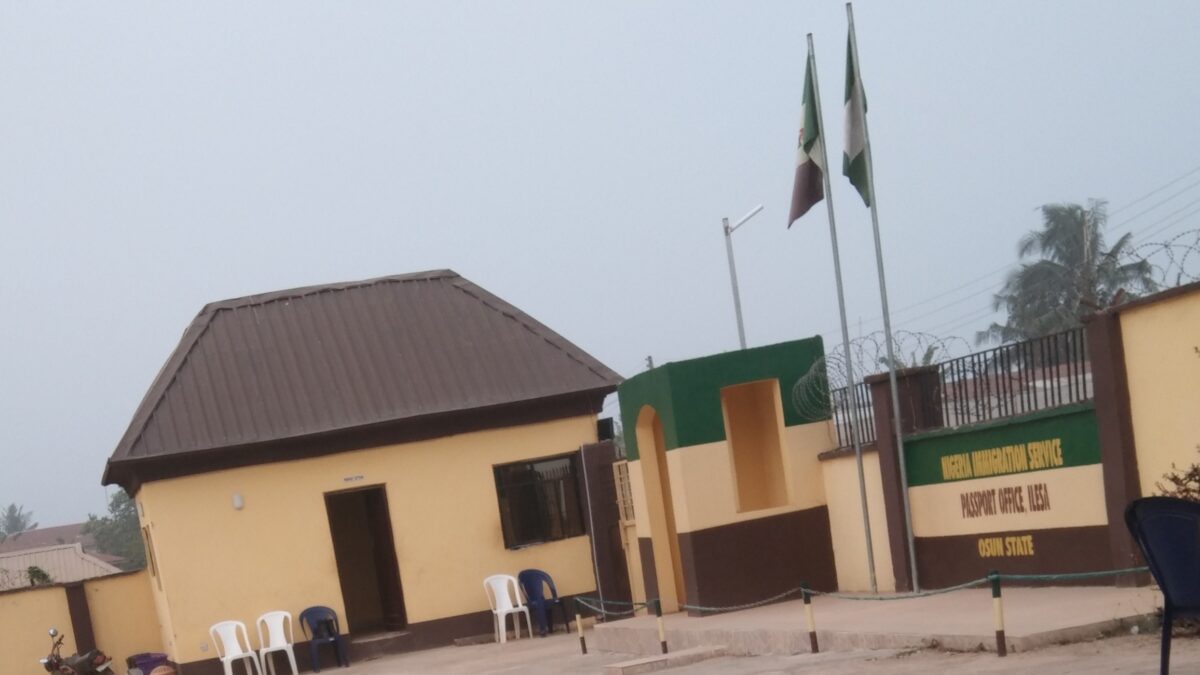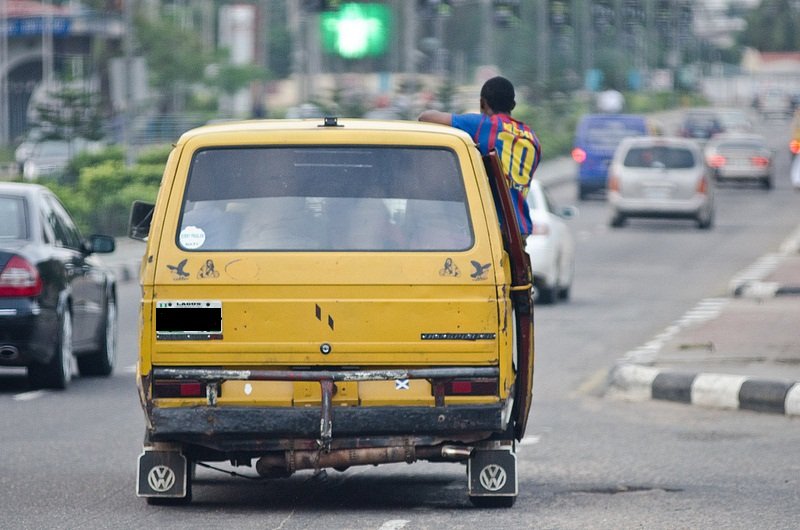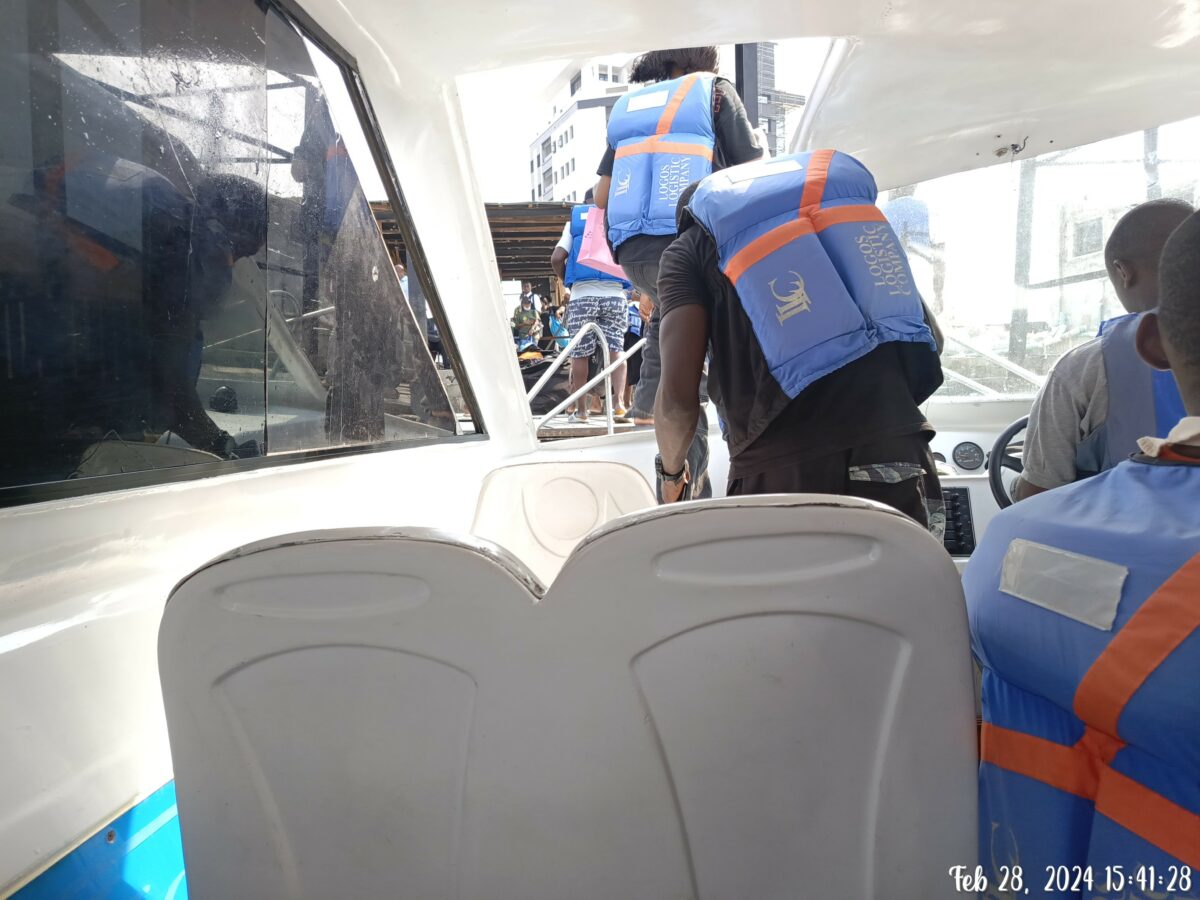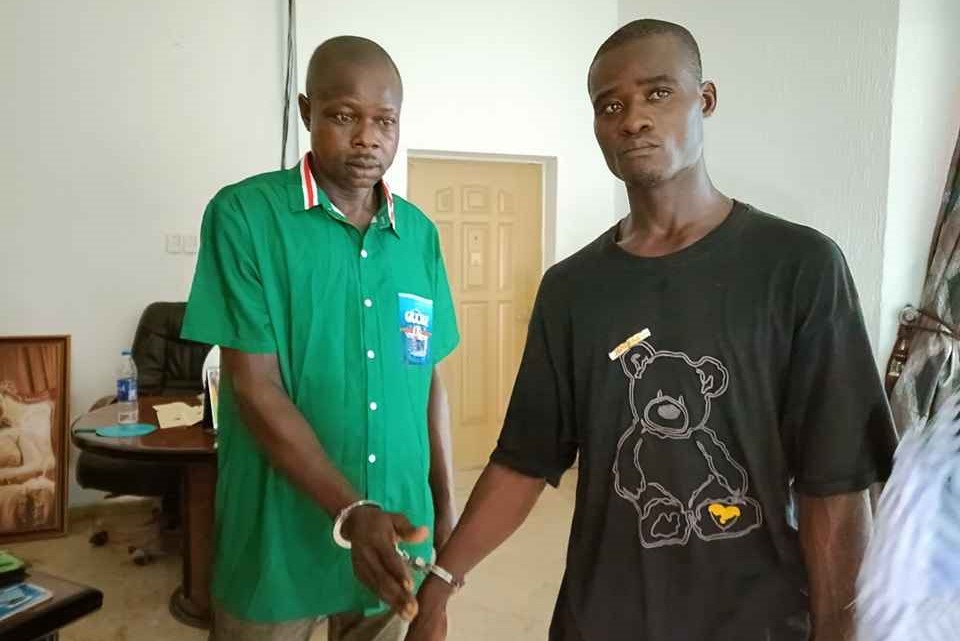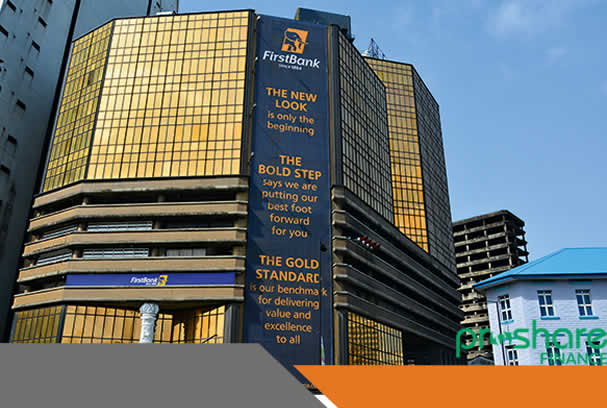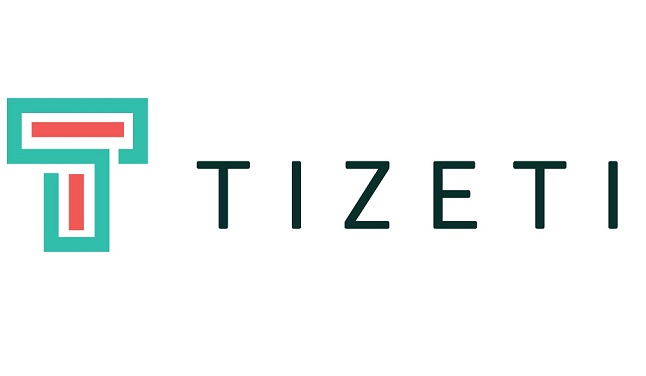In 2006, Oluwaseun Folayan, an Oyo State resident, applied for a student visa at the British High Commission in Abuja, as he wanted to sit for the Association of Chartered Certified Accountants (ACCA) exams in the United Kingdom.
Folayan told FIJ that after he submitted his application at the commission, another applicant’s entry was treated in his name and this led to a visa denial.
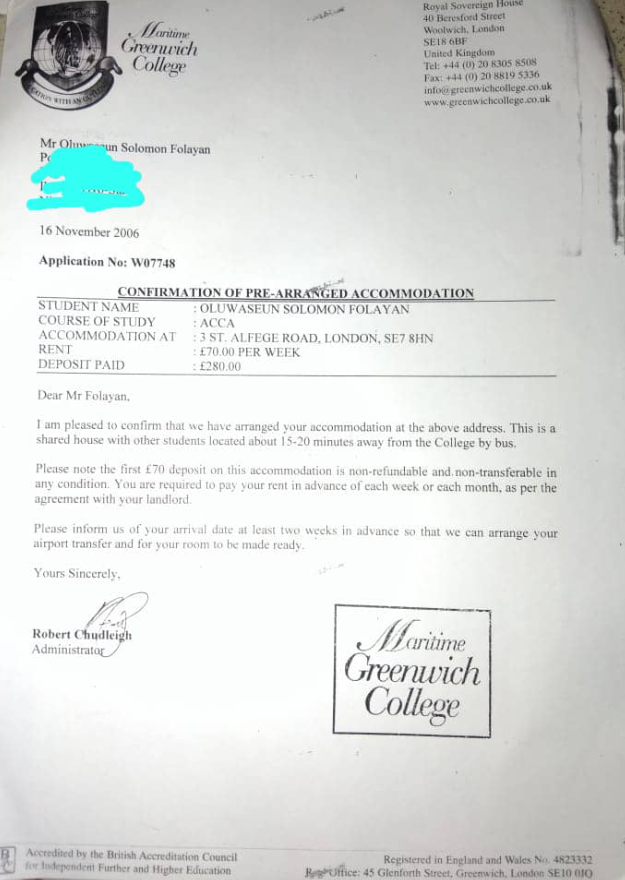
“Back then, ACCA accredited centres had not been established in Nigeria. So, you would have to travel abroad to sit for the exam,” Folayan said.
“I paid course and accommodation fees as part of the requirements for application during the period. Greenwich Maritime College, the school that was supposed to prepare me for the exams once I got to the UK, also sent me all I would require for my application and I supplied them at the commission.”
Folayan said the application marked his second attempt at getting a visa to sit for the exam.
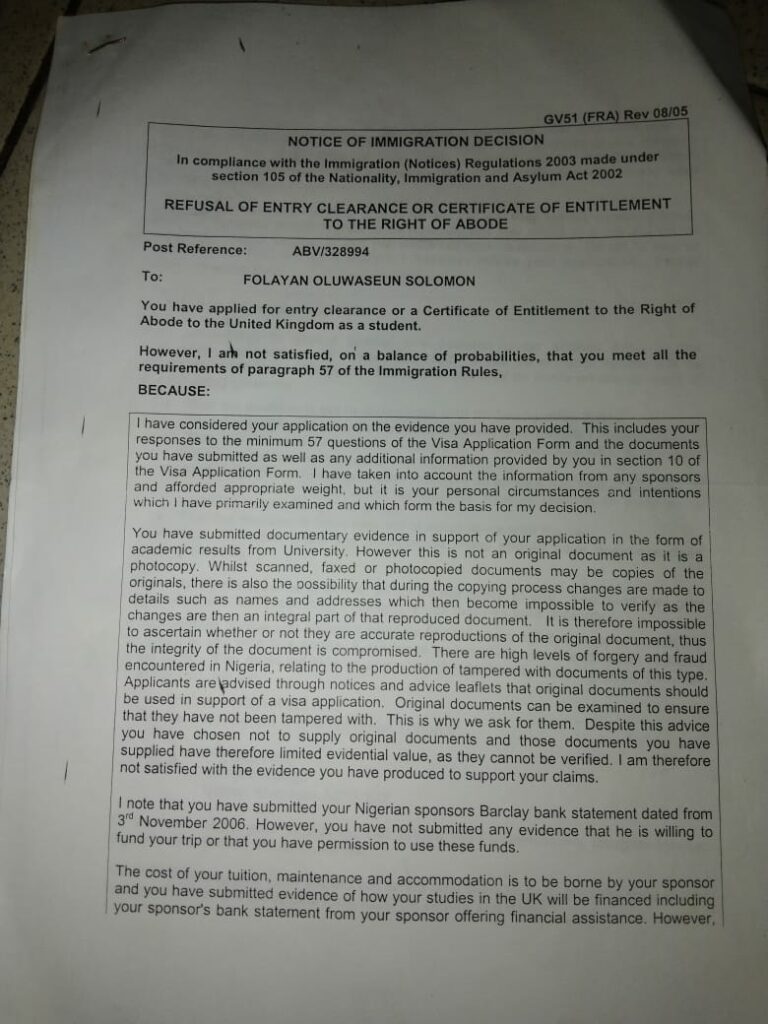
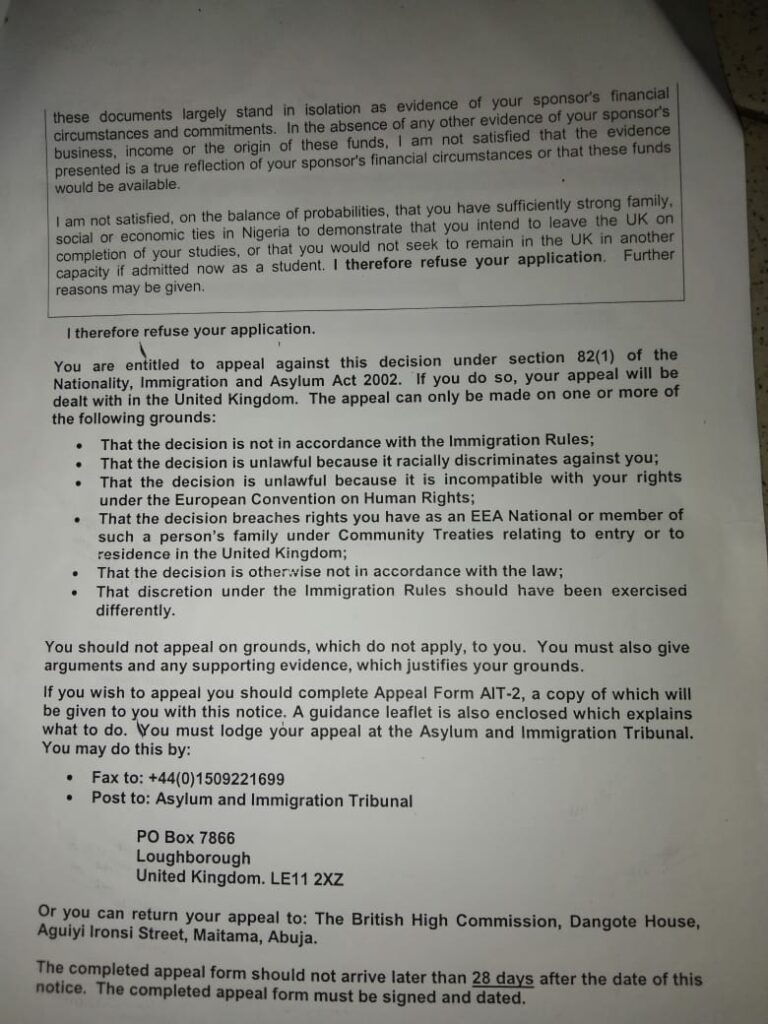
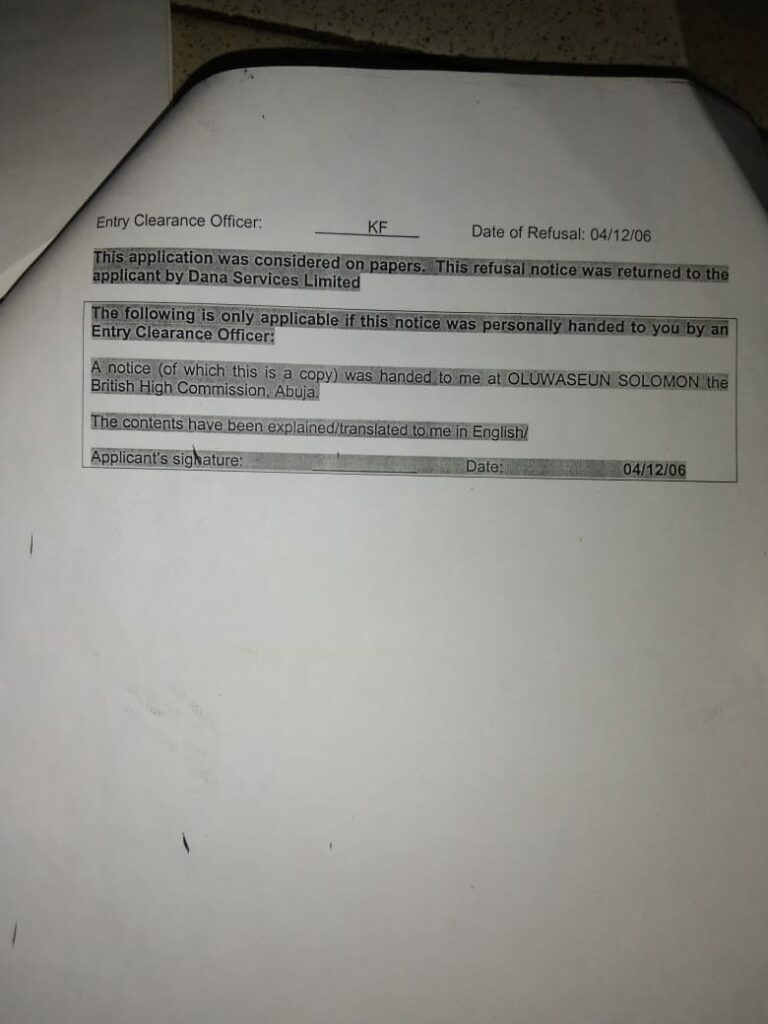
“My dad, who was my sponsor for the trip, submitted his personal First Bank statement at the time I applied. He was still a staff member of the bank then,” he said.
“In addition, when I submitted my documents at the collation centre, the entry officer confirmed that I presented original documents on the day I visited.
“I still have the form that was given to me when they confirmed that I presented original copies of my certificates.”
Folayan said he was eventually denied visa by the commission.
READ ALSO: Philippines Orders Shutdown of Nobel Peace Prize Winner Maria Ressa’s Critical Newspaper
“When they sent me reasons for denying me visa, they said I submitted only photocopies of my certificates and that originals were never sighted. Even the statement of result I submitted back then came with an authentication letter from my school,” he said.
Folayan said he appealed the commission’s decision to deny him visa but nothing fruitful came out of it in the end.
VISA DENIAL LETTER
In the denial letter addressed to Folayan, the high commission stated that among other things, the applicant only submitted photocopies of his result. It expressed concern that sensitive information and details like names and addresses could have been altered during the copying process, making a verification exercise impossible.
The commission also stated that Folayan’s Barclays Bank statement had no evidence to show that his sponsor would be willing to not only fund his trip to the UK but also allow him have access to the available funds.
While raising a third objection, the commission said it was not satisfied that the evidence the applicant had presented was a true reflection of his sponsors’ financial status, casting doubts on whether funds would be made available to him in the UK.
Finally, the commission said it was not confident that Folayan had sufficiently strong family, social or economic ties in Nigeria that would make him leave the UK the moment he completed his studies.
THE DOCUMENTS FOLAYAN SUBMITTED
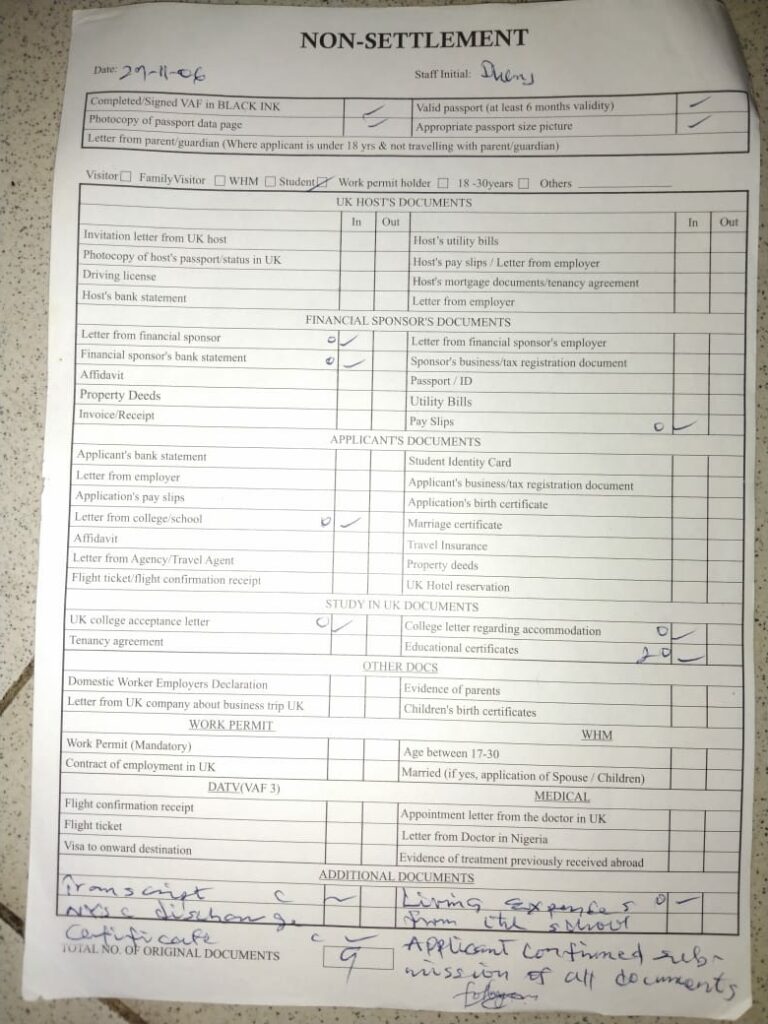
Among the things Folayan submitted was a form acknowledging all the documents he took to the collation centre. Among the documents received were a letter from Folayan’s financial sponsor, the sponsor’s bank statement, pay slips and educational certificates.
Other documents submitted were school transcripts, NYSC discharge certificate and a breakdown of living expenses from the school.
More importantly, nine original documents were indicated on the form to have been presented by Folayan.
SAMUEL FOLAYAN’S LETTER
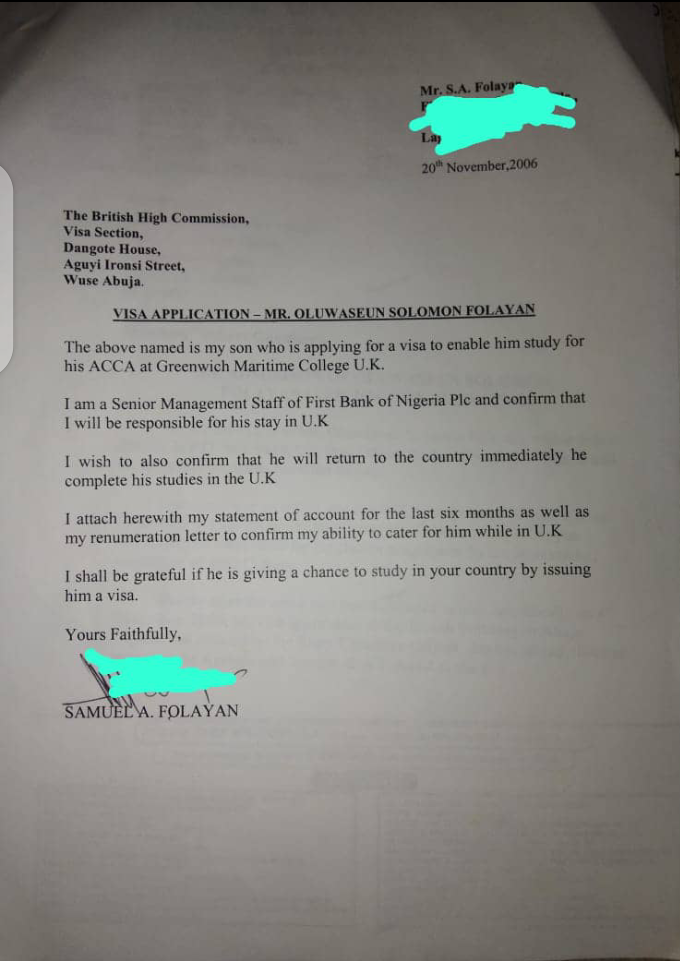
A letter from Samuel Folayan, the applicant’s father and sponsor, who was then a staff member at First Bank, was also among the documents that were submitted during the application.
In the letter, the sponsor confirmed that he would be responsible for the applicant’s stay in the UK. He also attached his bank statement for six months and remuneration letter, confirming his ability to cater for his son’s needs while studying for the exam.
Part of the assurances the applicant’s father gave was that his son would return to the country as soon as the study was completed.
APPLICANT’S APPEAL LETTER
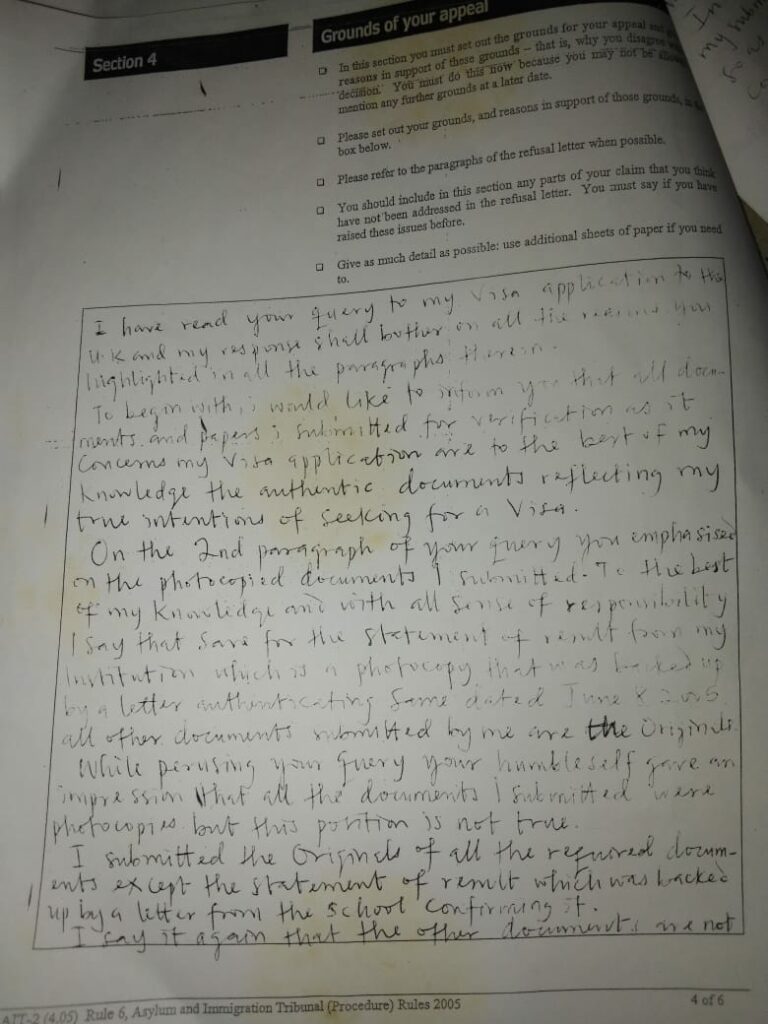
After his application was denied, Afolayan wrote an appeal letter to the High Commission, contesting that he submitted the original of all the documents required for the application, except for his school transcripts that was accompanied by a confirmation letter from his school.
Afoloyan also drew the high commission’s attention to the letter his father wrote to indicate his willingness to sponsor him throughout his stay in the UK.
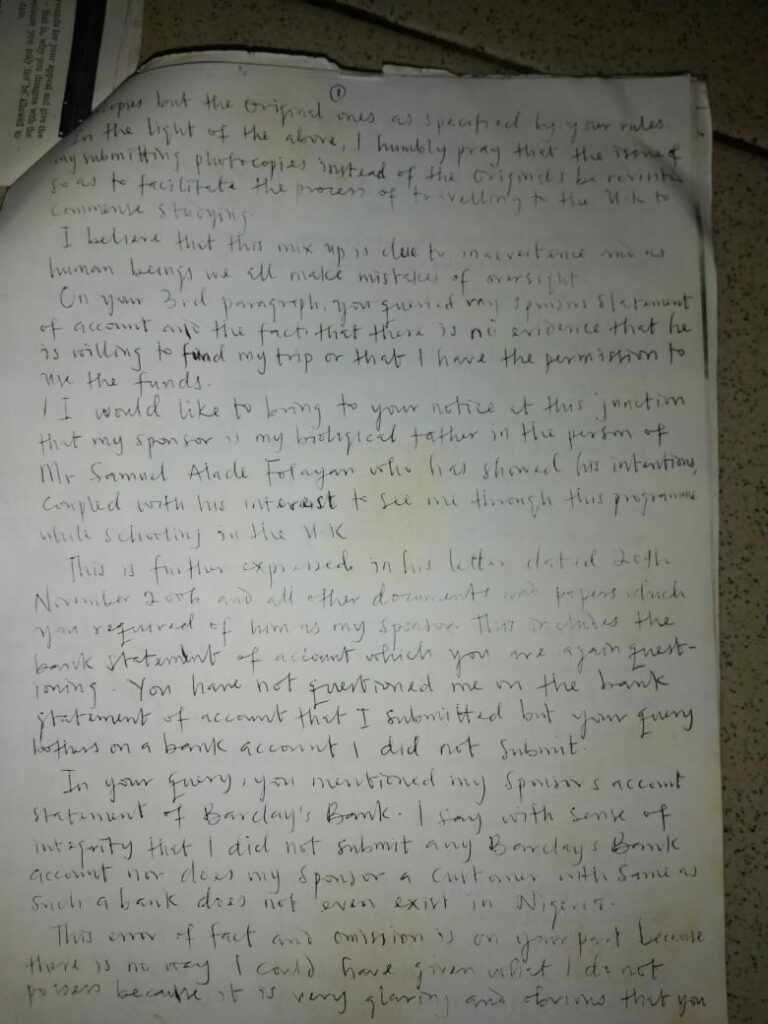
He made it known through the appeal that the bank statement that was submitted for his application was a First Bank account statement belonging to Samuel, his father, and not a Barclays Bank account statement as claimed by the commission.
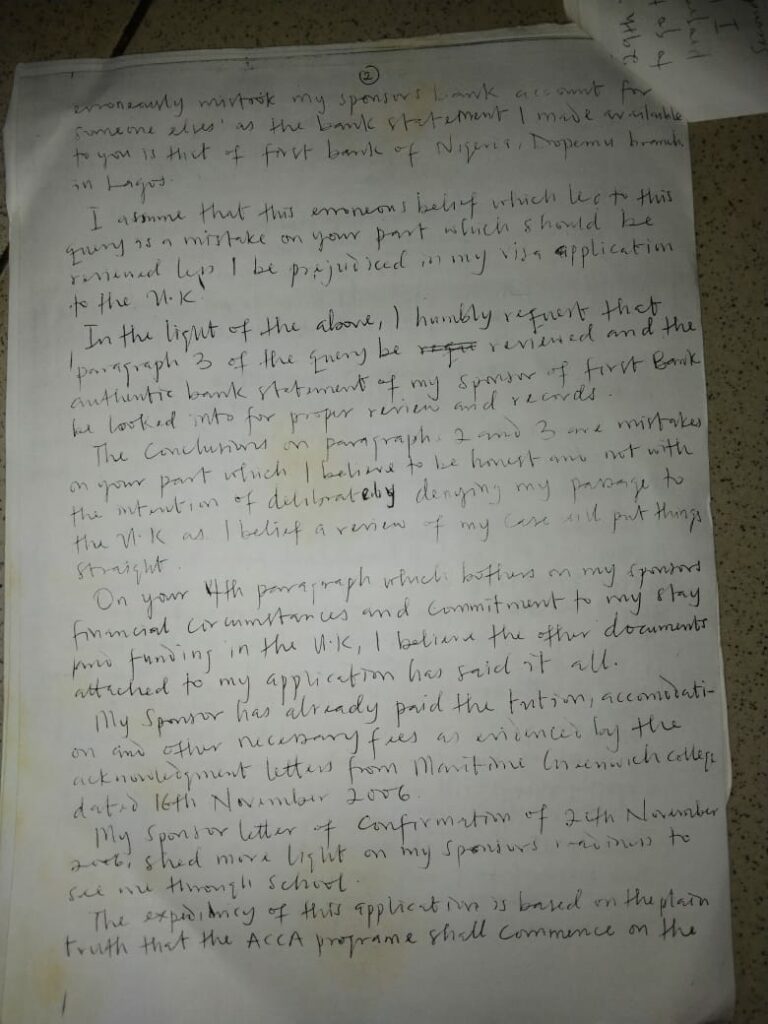
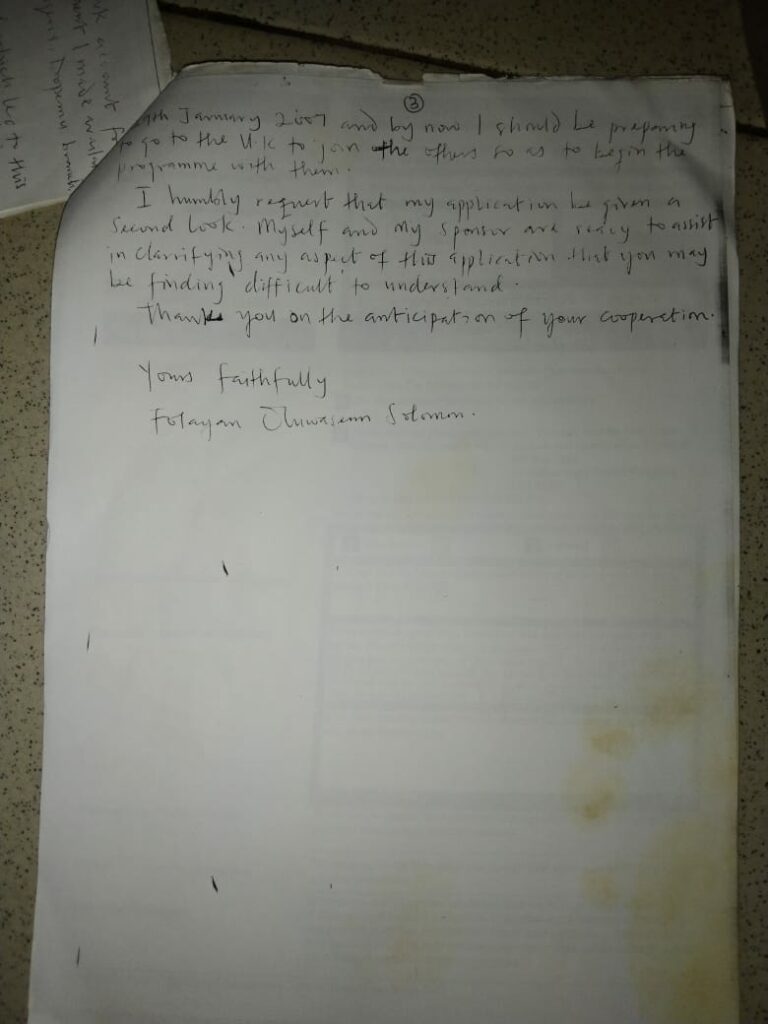
The applicaant also told the commission that his sponsor had already paid his tuition and accommodation fee.
He ended his letter by appealing to the high commission to have a second look at his application.
THE CONVERSATION WITH THE HIGH COMMISSION’S COMMUNATIONS HEAD
When FIJ contacted Dean Hurlock, Head of Communications, the British High Commission in Nigeria, for comments on the matter, he said the decision would have been made based on the many processes and steps considered where the main operations are based in England.
“This is a personal and private matter and we would not be offering a statement on a specific or individual case,” Hurlock said.
READ ALSO: REPUBLISHED: The Story That Got WikkiTimes Publisher, Reporter Charged to Court
“I certainly am not empowered to do so because I do not have that kind of authority. A formal enquiry would have to be put forward. Perhaps, if the affected applicant can come forward, we can as well refer him to the UK visa office.
“From there, a process of responding appropriately to the matter could be achieved after it is looked into.”
Hurlock went on to talk about the healthy diplomatic relations shared by both Nigeria and the United Kingdom.
“Students from Nigeria are one of the most successful applicants when it comes to getting visas to travel to the UK. Nigeria is also one of the most successful countries in the world when it comes to issuing and obtaining visas to the UK,” he said.
“To be frank, we as a commission have a fantastic track record that we are proud of. We have a long standing arrangements and opportunities that have and still continue to allow Nigerian students travel so they could execute their study plans. The issue at hand is perhaps a one-off scenario.”
The conversation ended with the communications head assisting with a link to a platform where further enquiries could be made on the matter.
However, when FIJ visited the platform, reviews such as Folayan’s were only open to applicants who applied for visa not later than 2015.
Subscribe
Be the first to receive special investigative reports and features in your inbox.


